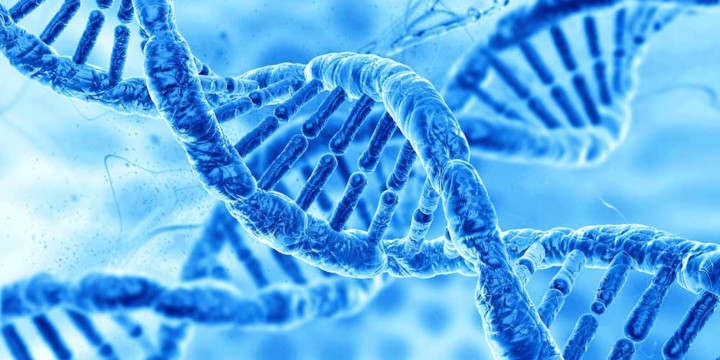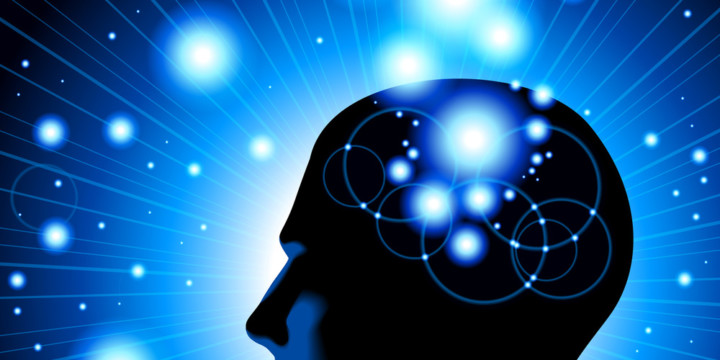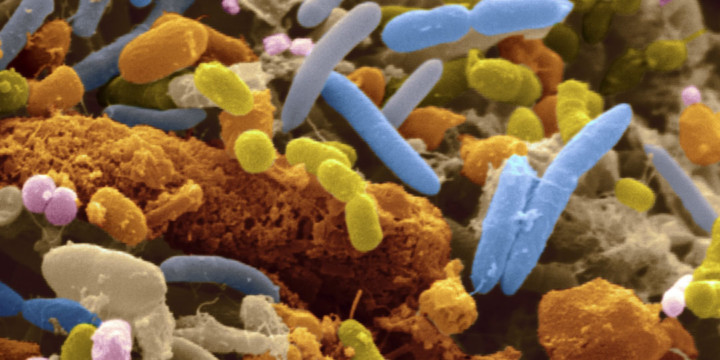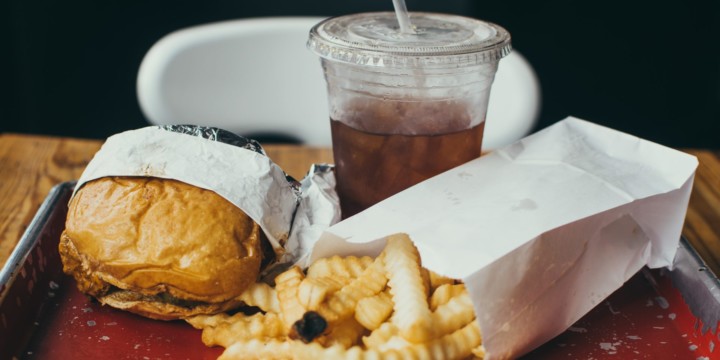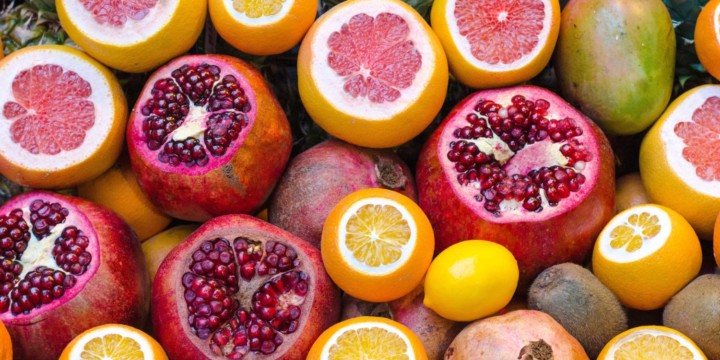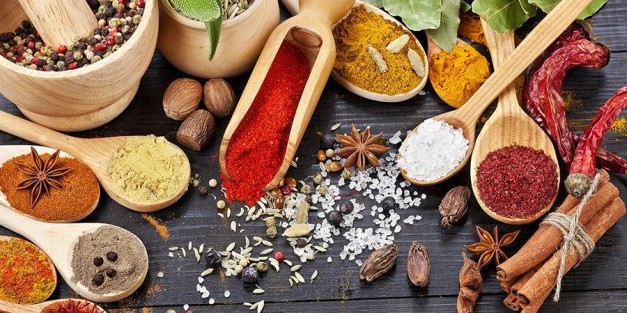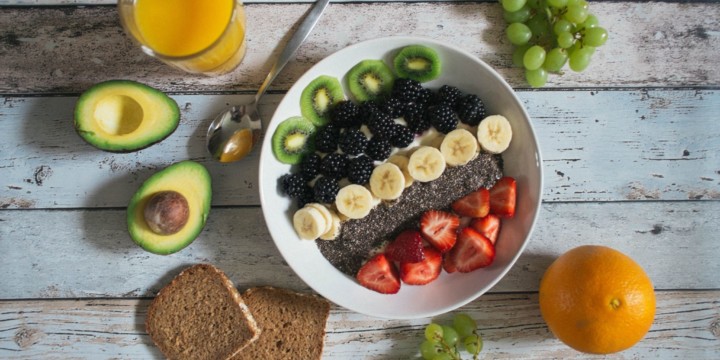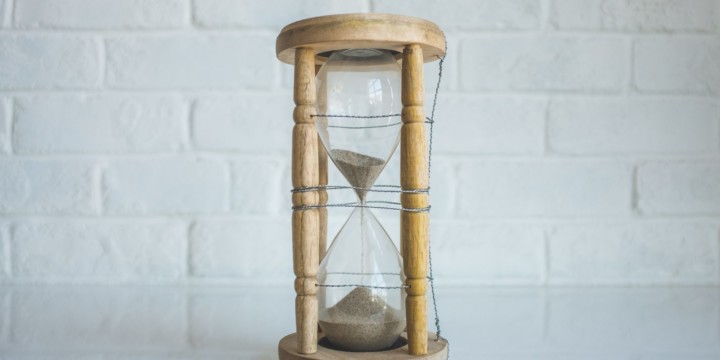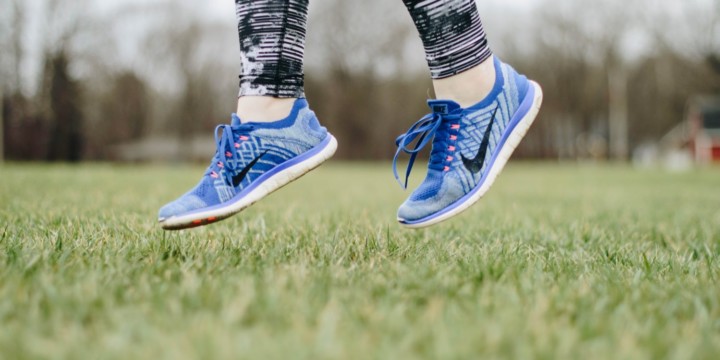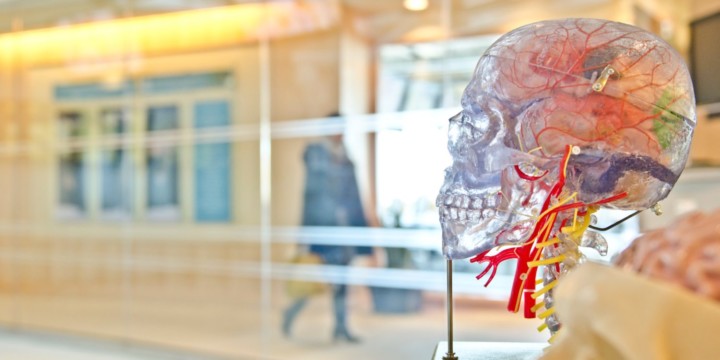Physiology of IBS
IBS is the most common functional disorder of the gastrointestinal system and mainly affects the large intestine or colon. It is characterized by spasms, bloating, pain in the abdomen and irregular bowel movements.
Causes of IBS
IBS is a result of a weak digestive system wherein the food is either moving too quickly or too slowly resulting in diarrhea and constipation respectively. In the Allopathic system, the cause of the syndrome is not known and variously attributed to faulty diet, stress, depression, lack of exercise, lack of good gut biome /bacteria, poor gut neurons and brain communication.
Common Symptoms of IBS
- Spasms
- Constipation
- Diarrhea
- Irregular bowel movement alternating between constipation and diarrhea
- Bloating and gas formation
- Discomfort /pain in the lower abdomen
Impact of IBS on body
The large intestine is an important organ of digestion and assimilation. Its membrane absorbs the energy and the nutrients that build up the bones and the deeper tissues of the marrow, nerve and reproductive organs. Lack of proper digestion of food impacts the proper absorption of nutrients and results in weakening of immunity. It may serve as a root cause of many diseases.
Classification of IBS
There are four types of IBS
- IBS-D or Diarrhea-predominant Irritable Bowel Syndrom. In this kind of IBS, the onset of chronic diarrhea is the major constituting factor for the development of IBS.
- IBS-C or Constipation predominant Irritable Bowel Syndrome. The IBS-C is mostly characterized by painful bowel movements due to chronic constipation.
- IBS-A or Alternating stool pattern Irritable Bowel Syndrome. IBS-A is differentiated by alternating patterns of passing stool which is not in conjuncture with the normal bowel movement.
- IBS-PI or Post Infectious Irritable Bowel Syndrom. The IBS-PI usually sets in following the infective state due to various factors including pathogens or other sources of the infection.
Treatment of IBS in Allopathy
The treatment in Allopathy aims at easing the symptoms as much as possible. Your doctor would ask you to go for a healthy diet devoid of food allergens, processed and refined food and rich in fiber. Exercises and stress management are also part of the treatment.
Doctors would also advise you to take fiber supplements, laxatives, anti-diarrheal, anticholinergic (to relieve bowel spasm), pain and antidepressant medication depending on your condition.
IBS in Ayurveda
The symptoms of IBS corresponds to a condition described as Grahani in Ayurveda. The disease may occur because of multiple reasons like faulty diet, weak digestion, weak nervous system, restraining natural urges, some drugs, and exercising too soon after eating.
IBS is largely a problem of the small intestine where the small intestine loses its ability to digest the food properly because of low Agni or digestive enzymes.
In Ayurveda, the cause of IBS is clearly identified. A combination of doshas is responsible for IBS. The IBS gets its name based on the predominant dosha Vataja, Pittaja or Kaphaja. They correspond with IBS-A, IBS-D, and IBS- respectively.
Relieve stress and balance the nervous system
Takara Shiro dhara (stream of liquid) with medicated buttermilk on the head, Ksheera dhara or stream of medicated milk on the head and body, Taila dhara or stream of medicated oils and tub bath in medicated oils help to relieve stress and balance the nervous system.
Psychological Underpinning of IBS
Colon disorders relate to the root chakra, Muladhara. If there is an imbalance in the root chakra a person experiences anxiety disorders, fears, insecurity, nightmares, and restlessness.
Treatment in Ayurveda
The goal of Ayurvedic treatment is to rebalance the dosha by ensuring proper dosha pacifying diets, exercises and medications. Detoxification and rejuvenation of the gastrointestinal system especially the small intestine and colon are undertaken in order to ensure that digestive system works optimally. Relaxation and stress reduction also are made part of the regimen.
Panchakarma
The first line of treatment is to remove accumulated ama or toxins from the body. Panchakarma therapies like Snehapana (ingestion of medicated ghee), Vamana (emesis), Virechana(purgation) and Basti (enema) are effective in loosening the impurities embedded in the tissues and eliminating them outside the body. With the expulsion of the toxins, the channels of circulation open up and now proper nourishment can reach organs and tissues.
Calming the mind and body
Abhyanga massages are beneficial for reducing the Vata Dosha. Herbal oils are helpful in removing toxins and calming the mind. Shirodhara (stream of oil on the forehead) and Taraka dhara (stream of medicated buttermilk) are effective in calming the nervous system. Pranayama and Yoga are also prescribed. Besides, it is recommended to bring a routine to life.
Diet
Unhealthy eating habits are at the core of IBS. A healthy diet can go a long way in curing IBS.
Ayurveda prescribes a light, nourishing, and easy to digest food for managing IBS. A person must eat according to the season, right combination of-of satvik or alkalizing food.
Processed, refined, stale and fried food items are considered tamasic and prohibited.
Reduce the intake of fruits like pumpkin gourd, papaya, jackfruit, fig, apple, pineapple, and watermelon as they aggravate the condition.
Fresh fruits and vegetables, buttermilk, nuts, seeds and healthy fats rich in omega 3 fatty acid must be consumed. Pomegranate is a preferred fruit for treating IBS.
Care should be taken to eat slowly and chew the food completely. Small sips of some warm water with food can be taken to aid digestion. Also, you should not eat before the previous food has been digested. Maintaining a gap of 3-4 hours between food helps.
Use of proper spices such as cumin seeds, ginger, and fennel seeds further aid in digestion.
Herbs for IBS
Some of the herbs and spices that aid digestion are ginger, clove, cardamom, Triphala, Lodhra(Symplocos racemosa), Pushkaramoola (Inula racemosa), and Mulethi(Glycyrrhiza glabra).
Shankhapushpi (Convolvulus pleuricaulis), Ashwagandha, Brahmi (Centella asiatica) and Guduchi (Tinospora cordifolia) are good for managing stress and building immunity.
IBS in Naturopathy
Irritable Bowel Syndrome is like having a nervous stomach. IBS is a result of various factors such as stress, food allergies, unhealthy diet, weak gut health, and lack of digestive enzymes.
Naturopathy treats IBS by a combination of diet therapy, nature cure therapy, yoga, and exercises.
Since IBS is a chronic problem, recovery needs time and self-discipline to change lifestyle, reduce stress, eat a balanced diet and follow a regular exercise regimen.
Detox
The first line of treatment at Naturopathy is detox. The detox involves loosening the deep-seated toxins and flushing them out of the body. During that time all the grains from the diet are removed. Depending on the condition the person may be kept on the juice diet. This process not only removes toxins from the body but also restore the normal production of digestive enzymes and stomach acid.
Enema, massages, steam bath, colon hydrotherapy, and hip bath help in the cleansing process.
Further, therapies like an abdominal pack, stomach mud pack, liver and kidney pack are beneficial for rejuvenation of the digestive system.
Diet modification
Diet is central to the treatment. The first step is to identify food allergens, intolerance and sensitivities and to remove those food items from the body. Some foods can trigger inflammation in the body. A food allergy testing for IgG antibodies may help to find the foods that you are allergic to.
Even without the test, it is better to avoid common food allergens gluten found in wheat and barley, and casein found in milk products. Also, till the time gut is fully healed, it is better to keep away from the grains.
Avoid raw foods and all gas producing food items such as beans, broccoli, cabbage, cauliflower, red and green peppers, and carbonated drinks. Removal of citrus fruits such as oranges, kinu, and grapefruit helps in relieving the symptoms. Consumption of sugar, caffeine, alcohol, and chocolate should be minimized.
IBS can be the result of altered gut microflora where the gut lacks in good bacteria that help in digestion and absorption of the nutrients. You can look at including probiotics and prebiotics in your diet but first talk to your doctor. It is better to include natural sources in the diet.
Also, ensure that you eat the right combination of food. For example, do not combine white flour with fats like red meat and dairy products as these require a longer time to digest.
Do not drink water till half an hour after the meal and chew your food thoroughly. Having soft drinks with food is very harmful to the gut. Instead, you can look at having one teaspoon of apple cider vinegar with warm water before eating.
Stress Management is key to IBS management
There is an integral relationship between the nervous system and gut function through the vagus nerve. Stress and depression both affect the gut health. Therefore, it is important to manage worry, anxiety, and stress. Exercises help in increasing the flow of feel-good neurotransmitters like serotonin and endorphins. Yoga and Pranayama are particularly soothing for the body and mind. If you are unable to meditate try Yoga Nidra.
Yog Nidra or sleep meditation is a very powerful method of healing. Ashwagandha is a very powerful herb for managing stress.
Read about destressing techniques at Ways to overcome worry, anxiety and stress.
Yoga and Pranayama for IBS
Don’t you feel butterfly in your stomach whenever you are anxious? It is because the gut and brain share a deep connection. In IBS, the connection between normal brain-gut axis is disrupted. The nerves of the digestive system become very sensitive and overreact to food causing inflammation.
Yogasanas and Pranayama are very powerful techniques for strengthening the gut and brain axis. You need to devise your own yoga schedule depending on your individual condition. Some of the Yoga postures that are considered beneficial for IBS are
- Uttanasana (forward bending)
- Trikon Asana (triangle posture)
- Marjariasana (cat pose)
- Pavanmuktasana (wind relieving pose)
- Adho Muka Shvanasana (downward-facing dog pose)
- Ardha matsyendrasana (half-seated spinal twist)
- Setubandh asana (bridge pose)
- Balasana( child pose)
- Jathare Parivrtti ( a revolved twist)
- Bhujangasana (cobra pose)
- Dhanurasana (bow pose)
- Shavasana (corpse pose)
Pranayama
In case of IBS, the practice of pranayama can help immensely.
A simple diaphragm and abdominal breathing help to regulate the nervous system. You can lie down on your back and take a deep breath watching your chest and stomach respectively go up and don with inhalation and exhalation.
A regular practice of pranayamas like Anulom-Vilom or alternate breathing, Ujjayi (victorious breath) and Bhrahmari are also beneficial for IBS.

